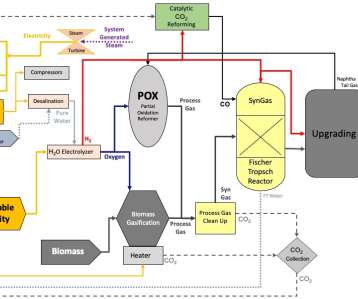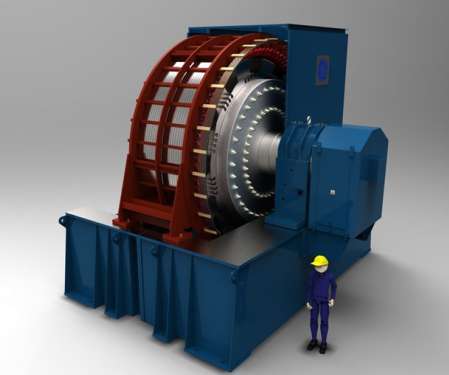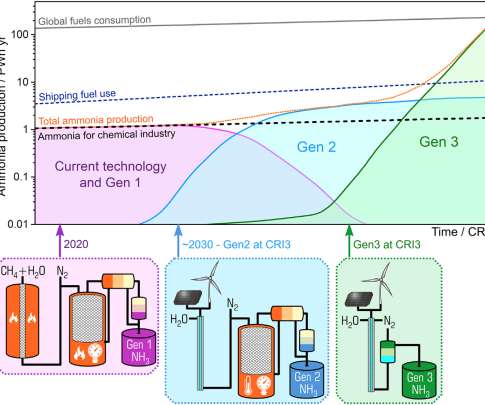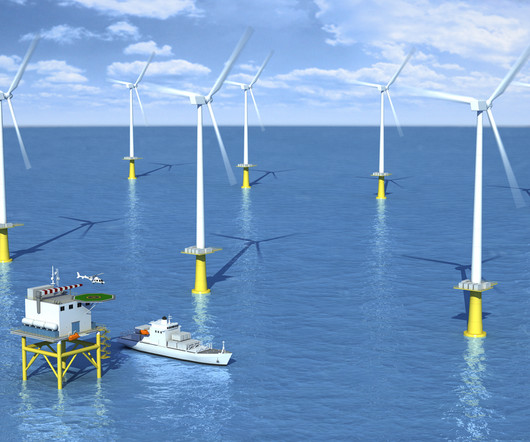Northwestern/Princeton study explores air quality impacts of aggressive conversion to EVs
Green Car Congress
APRIL 15, 2019
Researchers from Northwestern University and Princeton University have explored the impact on US air quality from an aggressive conversion of internal combustion vehicles to battery-powered electric vehicles (EVs). coal, oil, natural gas, and biomass). Winter O 3 increases due to reduced loss via traffic NO x.







































Let's personalize your content